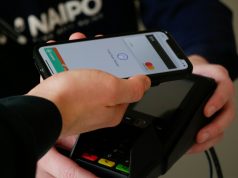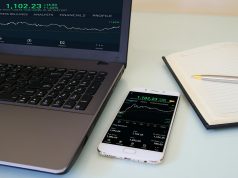Lawyers began to talk about allowing individuals – ordinary citizens – to declare themselves bankrupt ten years ago. Together with the flourishing of loans and microloan offices. For several years, the law was discussed, argued: is it worth it to allow people who can no longer pay their debts to declare themselves bankrupt?
On the one hand, it is a lifeline for those who are mired in debt. Almost a chance to start life with a clean slate, at least in the area of personal finance. But there is also the opposite effect: financial institutions will lose their money, which they honestly gave to a person at interest.
As a result, the defensa deudores decided that the bankruptcy of individuals is a useful opportunity. But just declaring yourself insolvent will not work. You need to go through the procedure, agree to the consequences, weigh all the pros and cons of this decision for yourself.
What is personal bankruptcy
Bankruptcy of individuals is the recognition of a citizen in an arbitration court as unable to fulfill financial obligations to creditors. There is also a simplified out-of-court bankruptcy procedure. A person who has been declared bankrupt is written off debts to banks, companies and individuals.
For a long time, the concept of “bankruptcy” had a negative connotation, but every year more and more citizens resort to it. In simple terms, the court assesses the position of the debtor and decides on his ability or inability to pay the obligations. It is for this that not only creditors and the debtor himself are present in the procedure, but also a financial manager – a figure in whose hands information about the property and financial situation of the borrower is, while his task is to observe the interests of all parties.




